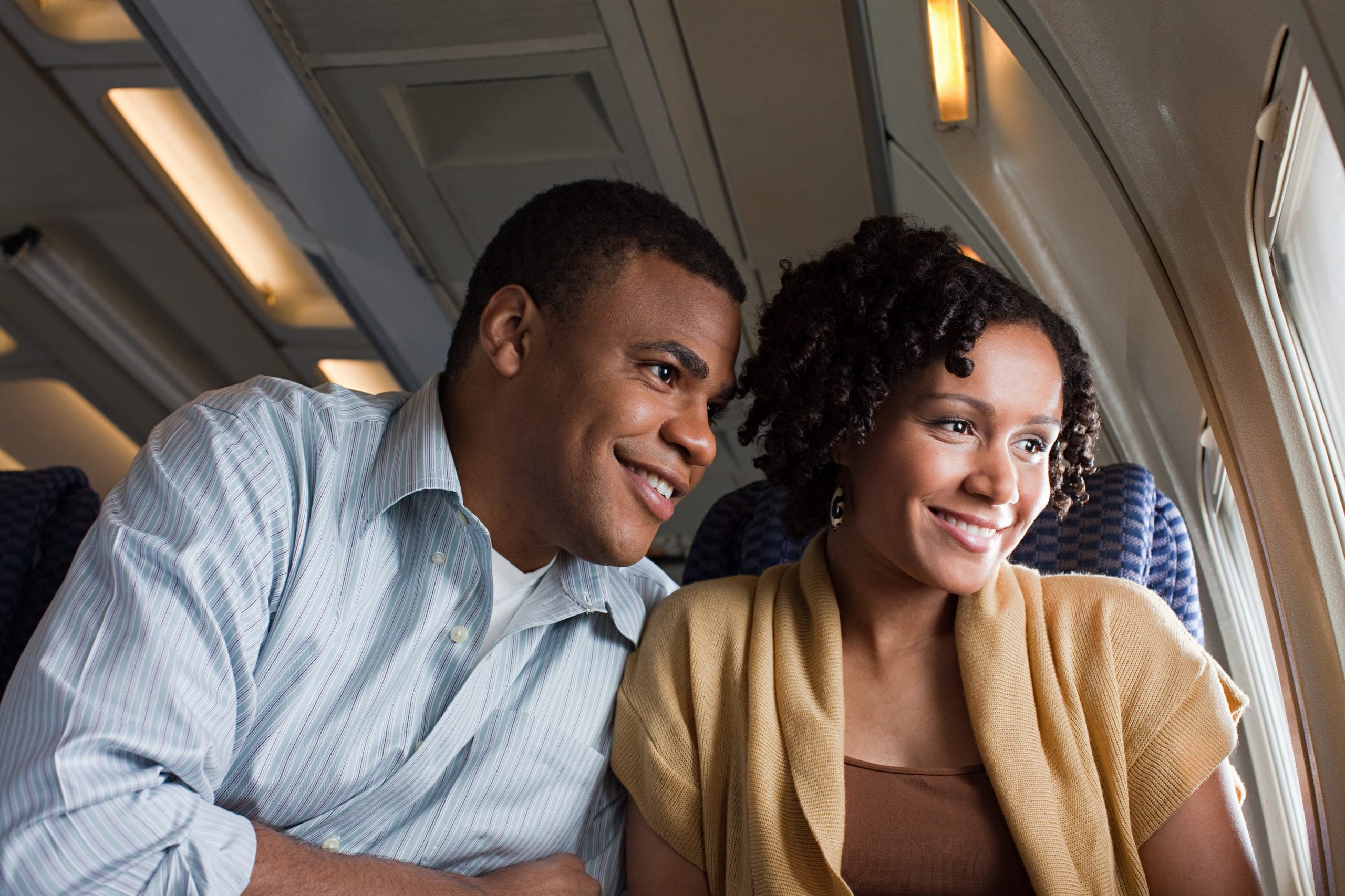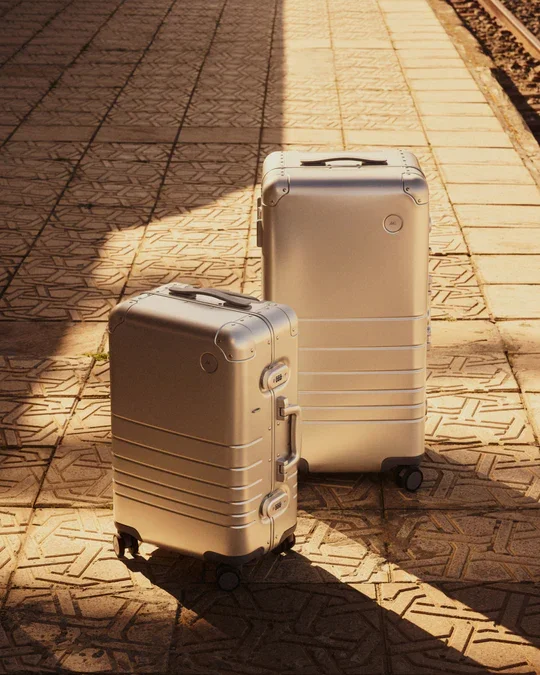
When reports of the coronavirus began to surface in late December 2019, the only thing that has spread faster than the mysterious illness is the paranoia, anxiety, and confusion that has come with it. Since first popping up in ground zero, Wuhan, China, new cases have been found in South Korea, Italy, Nigeria, the Dominican Republic, the United States, and more. With over 87,000 people and counting infected and nearly 3,000 deaths to date, the paranoia is most certainly justified.
The impact of the coronavirus has led to international travel advisories, flights and cruises canceling their routes, companies banning travel for employees and the disruption or closing of major tourist attractions and events. But what does all of this mean? Does it mean that those with travel plans need to cancel them? Can you cancel travel plans without a penalty? And for those still choosing to catch flights, how can they ensure that the adventure will be a healthy one?
Though the status of traveling with the coronavirus is ever-changing, ESSENCE wants to make sure that you’re armed with as much knowledge as possible so that you can make informed and safe decisions about your upcoming travel plans. Here’s everything you need to know so far about the coronavirus and how it currently affects your jet-set life.
What is the Coronavirus anyway?
According to the Center for Disease Control (CDC) website, “Coronaviruses are a large family of viruses. Some cause illness in people, and others, such as canine and feline coronaviruses, only infect animals. Rarely, animal coronaviruses that infect animals have emerged to infect people and can spread between people. This is suspected to have occurred for the virus that causes COVID-19.”
What are the symptoms?
Symptoms have ranged from mild to severe illness and may appear 2-14 days after exposure. Current symptoms reported for patients have included mild to severe respiratory illness with fever, cough, and difficulty breathing. Since the symptoms can mimic those of the flu, the CDC is urging people to see a healthcare professional if they feel sick and have been in close contact with a person known to have the virus, or if they live in or have recently traveled from an area with ongoing issues. Your doctor will then be able to determine if further testing for the coronavirus should occur.
How does it spread?
The coronavirus is a new disease, so much is still unknown about how it spreads exactly, but what the CDC does know currently is that the virus mainly spreads person to person through close contact with an infected person, or through respiratory droplets produced when an infected person coughs or sneezes. As for who is most susceptible to the illness, there are no reports proving that children are at higher risk (cases are mainly in adults), and although men and women have been infected in relatively equal numbers, a recent report from the Chinese Center for Disease Control and Prevention has found that the death rate is higher among men.
Will facemasks help you stay safe?
At the moment, the CDC does not recommend that people who are not ill wear a facemask to protect themselves from respiratory illnesses, including the coronavirus. While there is currently no vaccine to prevent the disease, a few tips to stay safe are cleaning and disinfecting frequently touched objects and surfaces (maybe Naomi Campbell was on to something), washing your hands often with soap and water for at least 20 seconds, especially after going to the bathroom, avoiding close contact with people who are sick and avoid touching your eyes, nose, and mouth.
What countries should I avoid?
With new cases being announced daily, there are very few major tourist regions that have not been mildly touched by the virus. The overwhelming majority of coronavirus cases are within mainland China, as for the rest of the world, significant cases have been found in South Korea, Japan, Taiwan, Thailand, Italy, Germany, Spain, UK, U.S., and Australia. At the moment there are no official travel bans to these locations, but governments have put advisories in place to warn citizens of the risks.
Should I cancel my trip?
The answer to this question comes down to personal comfort. While Thailand may have only 40 confirmed cases and many people may still feel comfortable with visiting the country, others may not, and there’s no shame in delaying a visit to an affected region until things die down. However, living in fear and hiding in the house isn’t helpful either. Millions of people have taken flights daily since the start of the virus spread and lived to tell the tale. In the end, it’s really up to you! If you do decide to travel, keep an eye on the news for updates and alerts and follow the above CDC tips for staying safe.
Can I get reimbursed if I cancel?
Most major airlines have canceled all flights to mainland China for the foreseeable future. As for other affected areas, many airlines have begun waiving cancellation and change fees for travelers looking to forgo travels due to the coronavirus. American Airlines will waive change fees for up to 14 days prior to travel for customers who purchase travel between March 1 and March 16 and JetBlue is suspending change and cancel fees for all new flight bookings made between February 27, 2020, and March 11, 2020, for travel through June 1, 2020.
For things like hotels, cruises or Airbnb bookings, your best bet is to contact the travel provider first to see what your cancellation options are as they will vary. Once you’ve done that, if you booked your adventure with a credit card, check their trip cancellation and interruption benefits. Often times credit cards offer the ability to reimburse your non-refundable travel purchases. Another option for getting reimbursed is your standalone travel insurance if you bought it. Check with the insurance provider to see if they cover direct or indirect losses stemming from an ‘epidemic’ like the coronavirus.
The best way to ensure that you can cancel your trip and get reimbursed is by purchasing cancel for any reason coverage. Companies like Travel Guard offer this add on coverage, but it isn’t cheap and can cost up to 75% of the standard insurance policy price. There can be restrictions, however. Travel Guard, for example, requires that coverage is purchased within 15 days of the initial trip deposit, the trip is canceled more than 48 hours prior to scheduled departure and that the full cost of all non-refundable, prepaid trip arrangements is insured at the time of purchase.







As always, if you do choose to travel, please be sure to consult with a health provider and keep your eye on the news for official updates on the situation so that you can take to the skies informed and safe.






